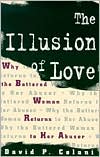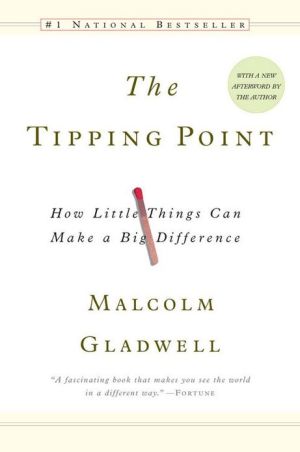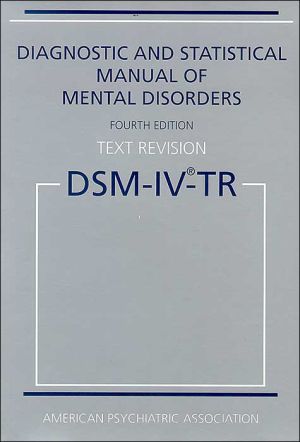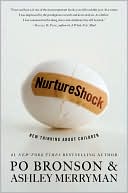The Illusion of Love: Why the Battered Woman Returns to Her Abuser
Domestic violence is a pervasive problem in our society that has only recently come to be acknowledged in public discussion. Though many see it as a social and political problem grounded in unequal gender roles, this level of analysis fails to explain adequately why many battered women return to their abusers despite intense suffering and the certainty of more physical violence.\ The Illusion of Love challenges the prevailing model, which views the victim of abuse as a normal woman who is...
Search in google:
Examines the attraction between abuser and victim which results in disorders and dangerous attractions on both sides, considering the typical personalities involved in patterns of neglect. Times Literary Supplement Celani uses case examples from his own practice to argue that domestic violence results from the tragic union between individuals with complementary personality disorders stemming from childhood abuse and neglect. Both sexes are suffering from fear of abandonment, but the abused women are also fascinated by men who make exaggerated promises of love followed by extreme rejecting behaviors.
Preface to the Paperback EditionAcknowledgmentsIntroduction31Three Psychological Models of Human Functioning112The Three Basic Ego Processes That Lead to Psychological Maturity313Personality Disorders: The View from the Outside654The Two Defenses of the Abused Woman: The Moral Defense Against Bad Objects and the Splitting Defense1055The Battering Cycle and the Victim's Return to the Abuser1376An Object Relations Approach to the Psychotherapy of the Battered Woman179References211Index215
\ Times Literary SupplementCelani uses case examples from his own practice to argue that domestic violence results from the tragic union between individuals with complementary personality disorders stemming from childhood abuse and neglect. Both sexes are suffering from fear of abandonment, but the abused women are also fascinated by men who make exaggerated promises of love followed by extreme rejecting behaviors.\ \ \ \ \ Library JournalThis timely book differs drastically from most current books on the topic. While other authors describe the "cycle of violence" from a family systems perspective, Celani (The Treatment of the Borderline Patient: Applying Fairbairn's Object Relations Theory in a Clinical Setting, International Universities Pr., 1993) expands on Fairbairn's work with neglected and abused children in the foundling homes of Edinburgh, Scotland. The centerpiece of W.R.B. Fairbairn's personality development theory is the nature of the attachment between mother and child. Celani explains clearly how this attachment can produce dysfunctional adults who seek out equally dysfunctional partners. Since Fairbairn and Celani both put the onus of responsibility squarely on the mother, this book will provoke controversy. Celani concludes that the only hope to end domestic violence is to teach parents to love and nurture their children and give them the security they need to feel whole. Appropriate for academic libraries supporting women's studies and psychology collections. [For a range of books on domestic violence that are accessible to the lay reader, see "Living with the Enemy," LJ 8/94, p. 106-107.-Ed.]-Nina Wikstrom Aguilar, Harris Computer Systems Corp., Melbourne, Fla.\ \ \ BooknewsDrawing on cases from his practice as a clinical psychologist, and applying object relations theory, Celani contends that some women, and even a few men, are attracted to abusive partners because of personality disorders caused by childhood abuse and neglect. The yo-yo of attraction and rejection can only be interrupted, he says, by dealing with the women's underlying fears. Annotation c. Book News, Inc., Portland, OR (booknews.com)\ \








